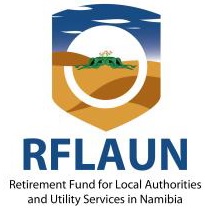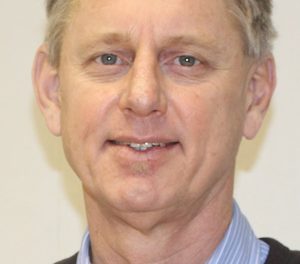
Pension fund for municipalities, local and regional councils, and utilities assures members of business continuity during lockdown

The Retirement Fund for Local Authorities and Utility Services in Namibia (RFLAUN) announced on Thursday that it will continue to function during the lockdown period at the same time, advising members to use digital channels wherever possible.
The fund’s Principal Officer, Mr Dorian Amwaandangi said in a note, they have implemented operational measures to promote business continuity to its members and stakeholders.
“All essential staff members will be working from home during the lock down, which starts from Friday, 27 March 2020 until Thursday, 16 April 2020. We shall therefore continue to provide essential services to our members remotely. Staff members are equipped with all the necessary resources to deliver service excellence while they work from home.”
“We strongly encourage our stakeholders to make use of our non-face to face communication channels (telephone line +264 61 423 700 or email [email protected]) to officially engage with the fund. Our social media platforms, Facebook and Twitter, will be available for the secondary mode of communication.”
During the lock down, the Fund has identified the following as critical deliverables:
1. Pension payments will be processed uninterrupted. The Fund will unsuspend all pensioners that have been suspended during March and April 2020 and continue paying their monthly pension monies.
2. Pensioners can submit their Certificate of Existence (COE) forms electronically.
3. Payment of Contributions from the participating employers will be processed as per Pension Fund Act guidelines.
4. All claims will be processed electronically but originals will be requested once the lock down period is lifted.
“The situation is unprecedented at the moment, but in light of responsible business, these measures are put in place to safeguard each and every one, while fostering business continuity,” stated Amwaandangi.













































